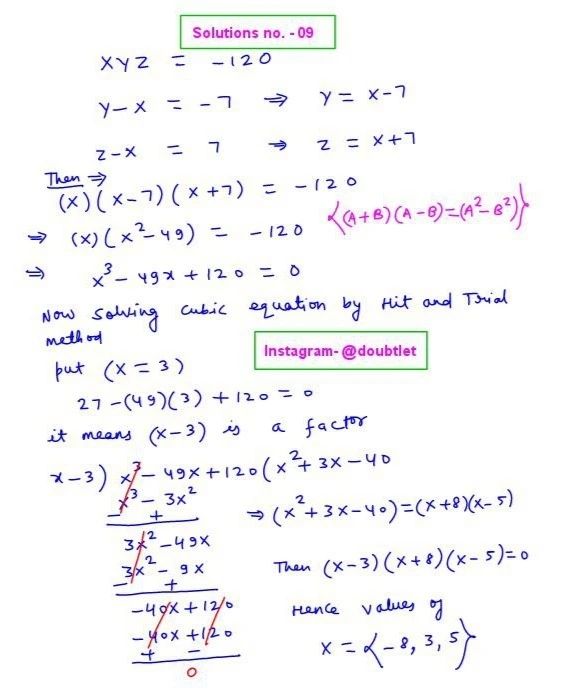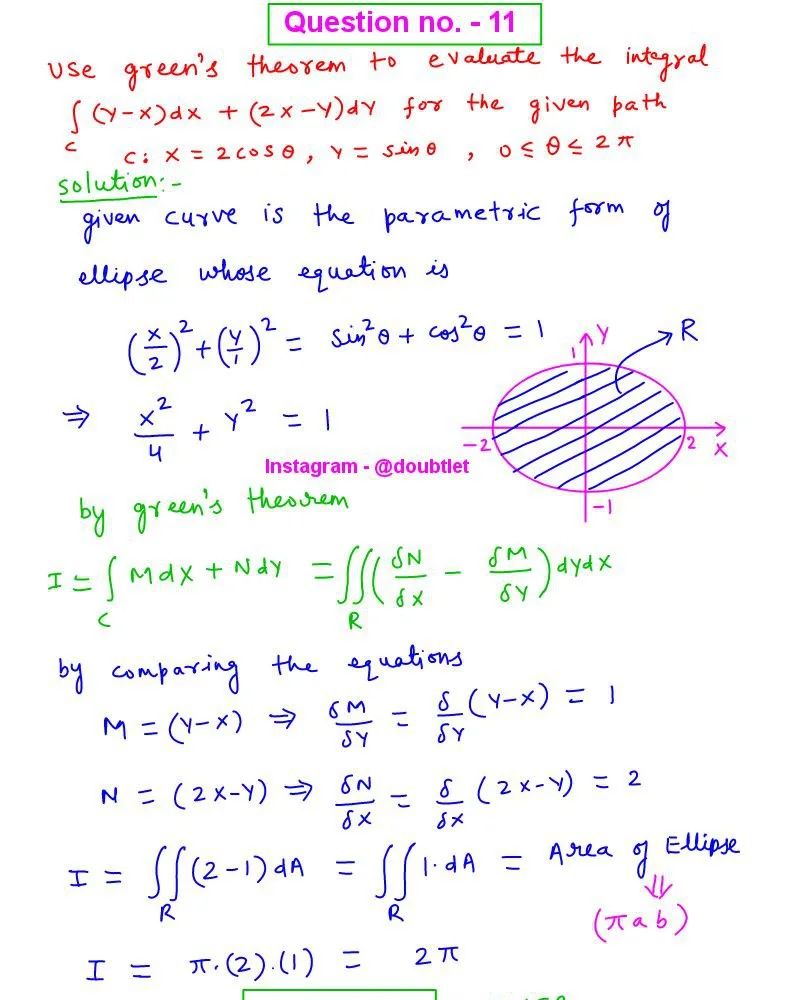









Area-under-the-curve Formula Sheet
This page will help you to revise formulas and concepts of Area-under-the-curve instantly for various exams.- Home
- Formula-Sheet
- Area-under-the-curve
The area under the curve measures the total space between a graph of a function and the x-axis, giving a visual representation of the integral of that function.
Neetesh Kumar | June 04, 2024
Share this Page on:
![]()
![]()
![]()
![]()
![]()
1. Curve Tracing:
The following outline procedure is to be applied in sketching the graph of a function , which in turn will be extremely useful to quickly and correctly evaluate the area under the curves.
(a) Symmetry: The symmetry of the curve is judged as follows:
-
If all the powers of in the equation are even, then the curve is symmetrical about the axis.
-
If all the powers of are even, the curve is symmetrical about the axis.
-
If powers of & both are even, the curve is symmetrical about the axis of as well as .
-
If the equation of the curve remains unchanged on interchanging and , then the curve is symmetrical about .
-
If on replacing 'x' by '-x' and 'y' by '-y', the curve's equation is unaltered, there is symmetry in opposite quadrants, i.e., symmetric about the origin.
(b) Find and equate it to zero to find the points on the curve where you have horizontal tangents.
(c) Find the points where the curve crosses the x-axis & also the y-axis.
(d) Examine if possible the intervals when is increasing or decreasing. Examine what happens to ‘y’ when or .
2. Area Under the Curves:
(a) Whole area of the ellipse, is .
(b) Area enclosed between the parabolas & is .
(c) Area included between the parabola & the line is .
(d) Area enclosed by the parabola and its double ordinate is two-thirds of the area of rectangle , where lie on the tangent at the vertex.
(e) The area bounded by the curve , the x-axis, and the ordinates & is given by:
-and-x.jpeg)
(f) If the area is below the x-axis then is negative. The convention is to consider the magnitude only, i.e.,
in this case.
(g) The area bounded by the curve , y-axis & abscissa , is given by:
.jpeg)
(h) Area between the curves & between the ordinates & is given by:
-and-g(x).jpeg)
(i) Average value of a function with respect to over an interval is defined as:
Differential Equation Formula Sheet
Definite Integration Formula Sheet
Tangent and Normal Formula Sheet
Vector operation Calculators
Vector Formula sheet


